Storm Restoration Timing Tips
Storm restorations are most effective when performed promptly after severe weather events. The optimal time varies based on regional climate patterns, storm frequency, and property conditions. Generally, initiating restoration efforts during the dry season allows for quicker repairs and minimizes additional weather-related delays.
Spring often brings increased storm activity, making early-season restorations necessary to prevent further damage.
Summer storms, including thunderstorms and hurricanes, can cause extensive damage requiring timely restoration to maintain property integrity.
Performing restorations in fall ensures properties are protected before winter weather sets in.
Winter restorations are less common but may be necessary after severe storms or ice damage, with work often delayed by cold conditions.

Assessment of roof and exterior damage following a storm.

Temporary fixes to prevent further damage from weather.
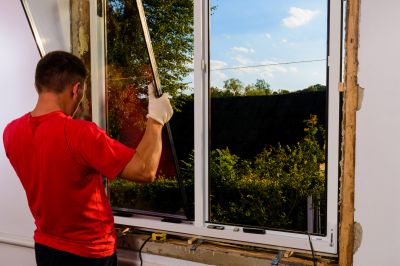
Repair and restoration activities underway.
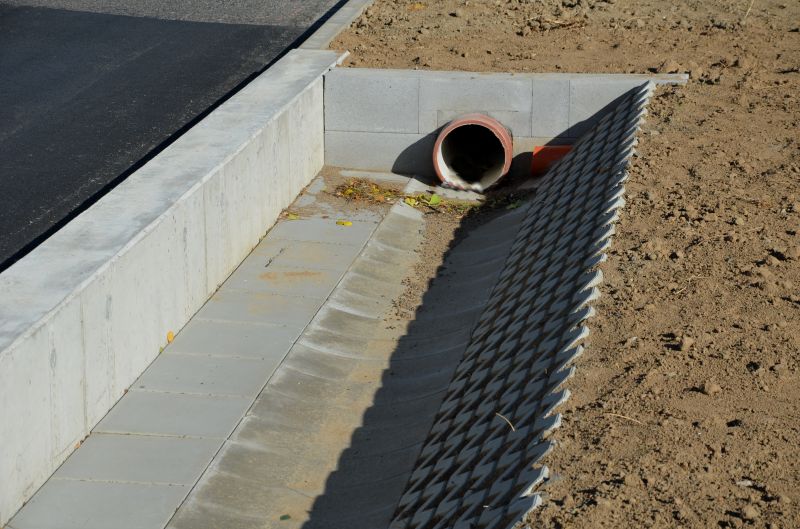
Ways to make Storm Restorations work in tight or awkward layouts.

Popular materials for Storm Restorations and why they hold up over time.

Simple add-ons that improve Storm Restorations without blowing the budget.
Storm restorations involve repairing damage caused by severe weather conditions such as high winds, hail, and heavy rain. These efforts aim to restore the structural integrity of buildings, prevent further deterioration, and ensure safety. Timely response is essential to minimize long-term costs and prevent secondary issues like mold, rot, or pest intrusion.
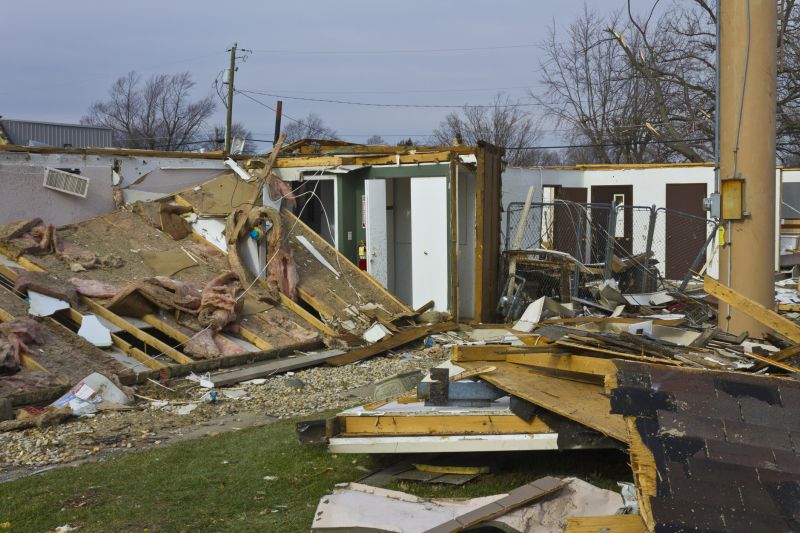
Fixing leaks and replacing damaged shingles.
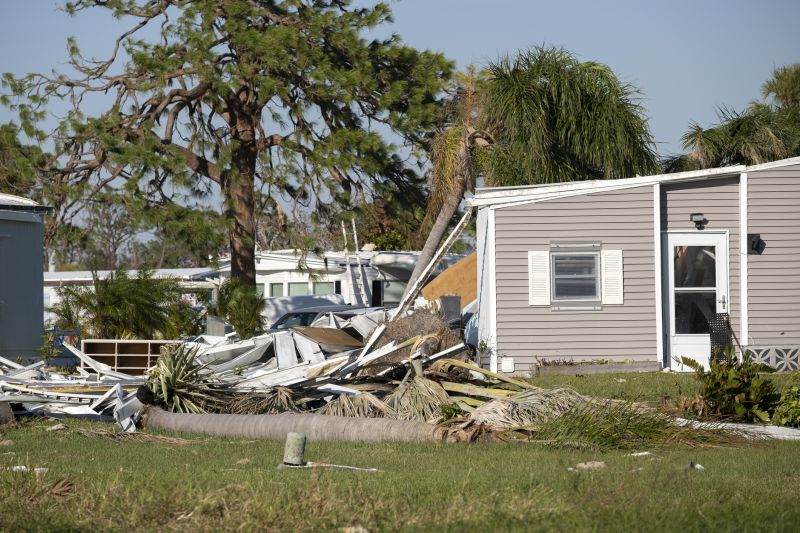
Restoring damaged exterior siding.

Replacing or repairing gutters affected by storms.

Addressing water intrusion and interior damage.
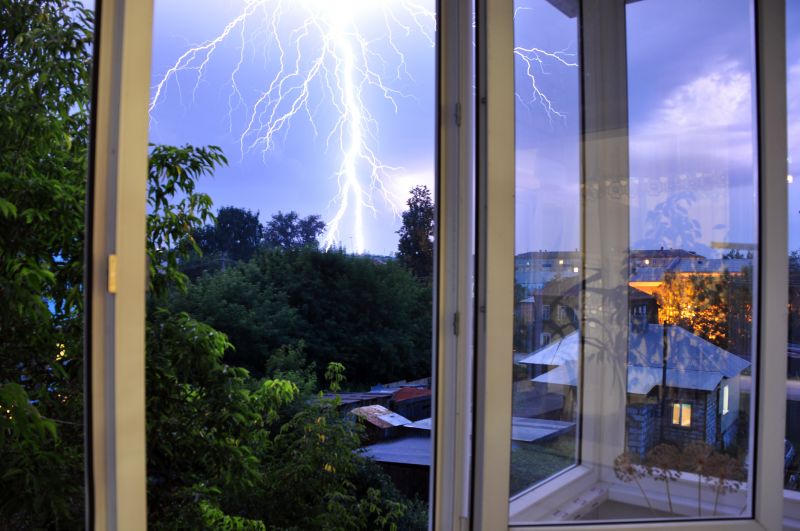
High-end options that actually feel worth it for Storm Restorations.

Finishes and colors that play nicely with Storm Restorations.
| Storm Type | Optimal Restoration Timing |
|---|---|
| Hailstorms | Within days to prevent further damage |
| Windstorms | Immediately after the storm subsides |
| Tornadoes | As soon as safe to access the property |
| Heavy Rain | Promptly to prevent water damage |
| Ice Storms | After ice accumulation melts and damage is visible |
| Winter Storms | During dry periods if possible |
Understanding the timing for storm restorations helps property owners and managers plan effectively. Acting quickly after a storm minimizes damage escalation and reduces repair costs. Regular inspections and preparedness can facilitate faster response times and ensure properties are restored efficiently.
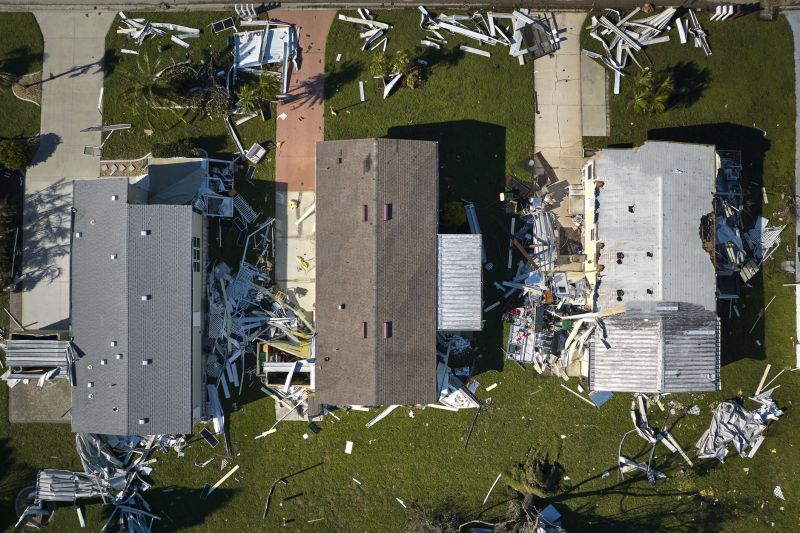
Evaluating storm-related damage to structures.
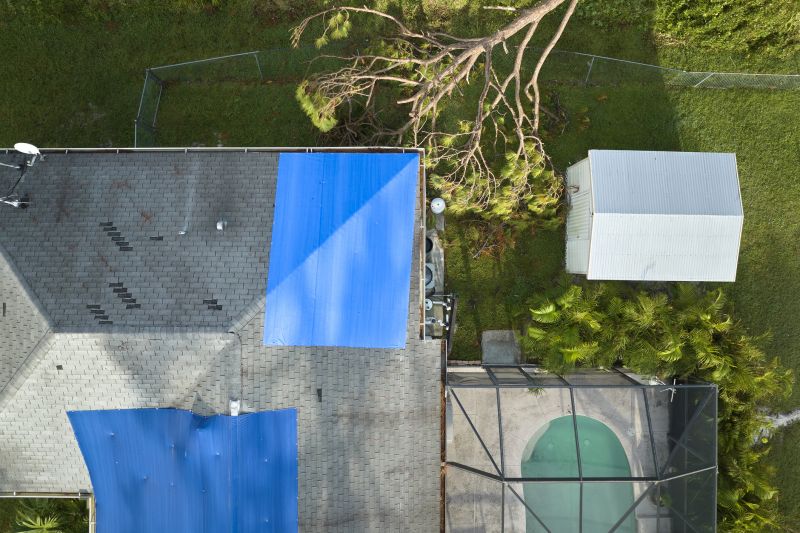
Using tarps or sheeting to protect damaged areas.

Complete repairs restoring property integrity.

Little measurements that prevent headaches on Storm Restorations day.
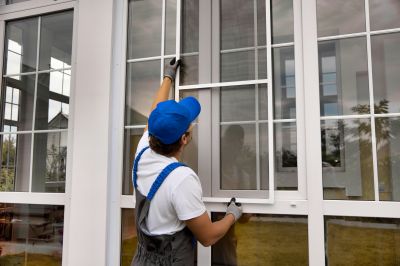
A 60-second routine that keeps Storm Restorations looking new.
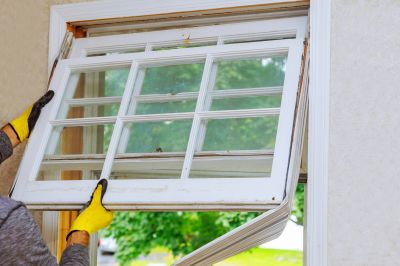
A frequent mistake in Storm Restorations and how to dodge it.
Proactive planning and swift response are key components of effective storm restoration. Property owners are encouraged to develop emergency plans and conduct regular inspections to identify vulnerabilities before severe weather occurs. Proper timing ensures the durability and safety of structures in the face of storm events.
